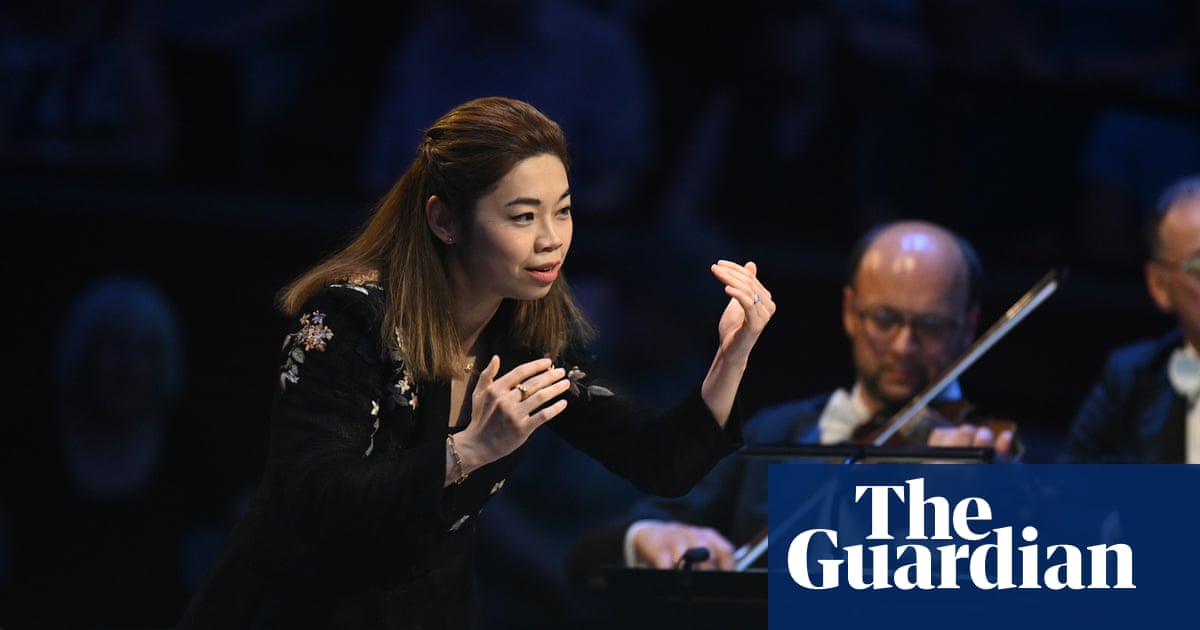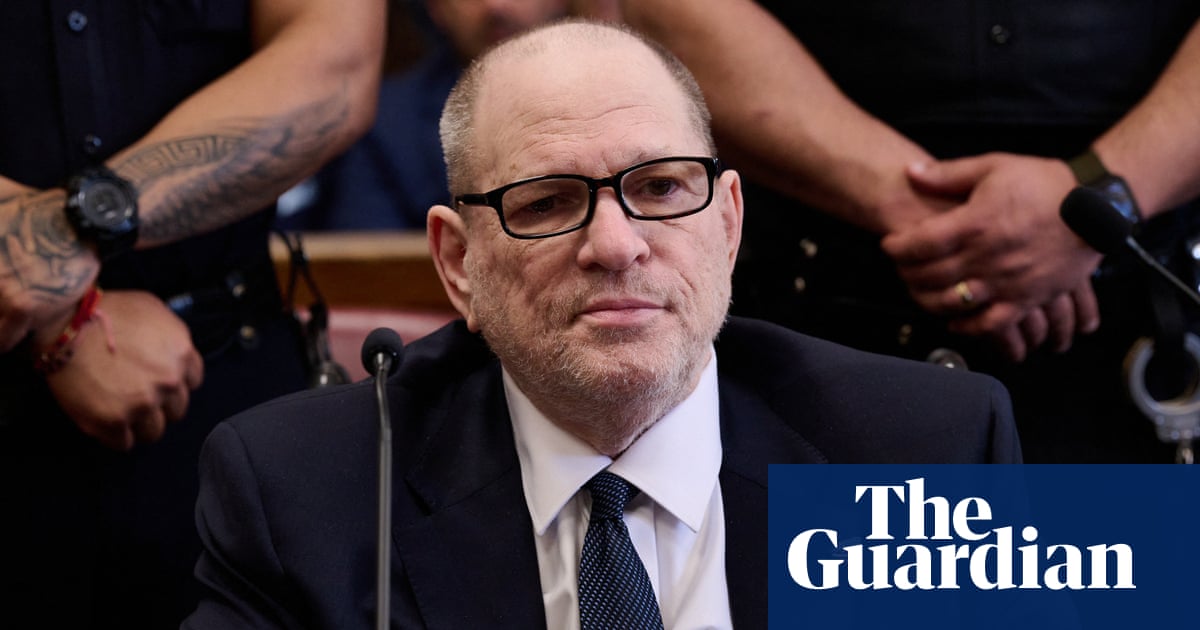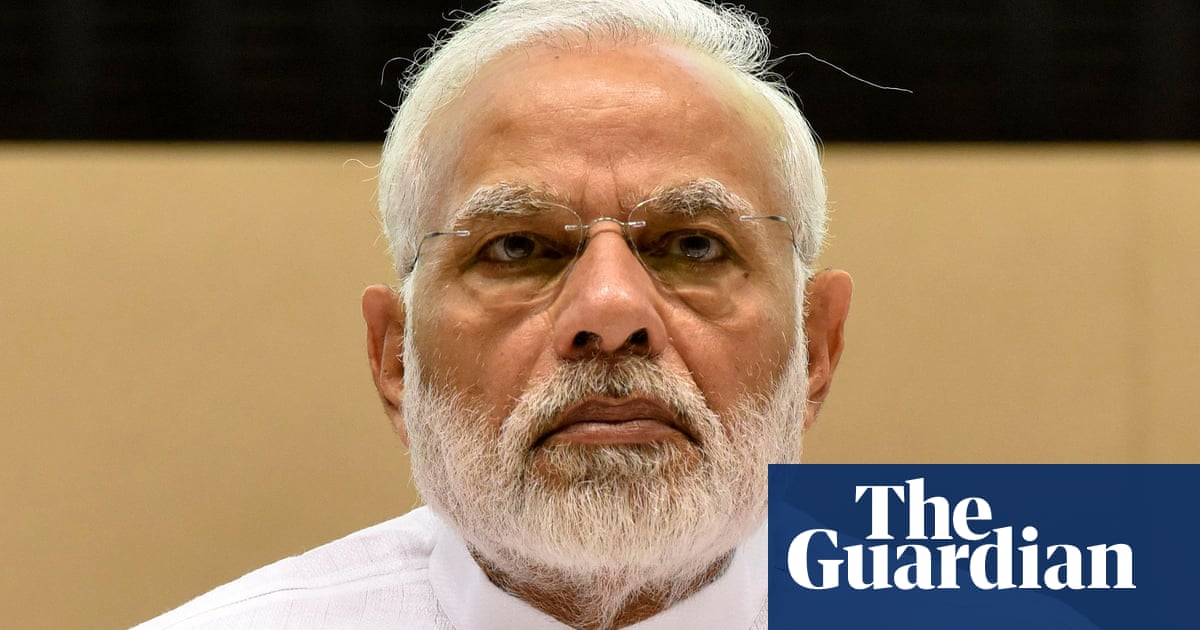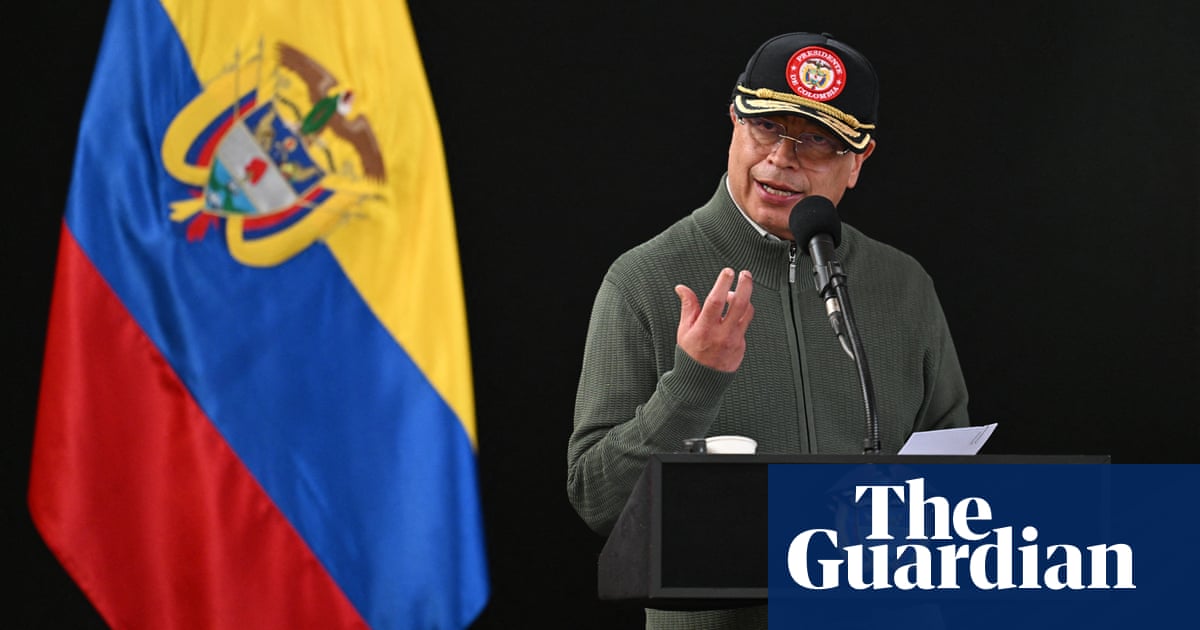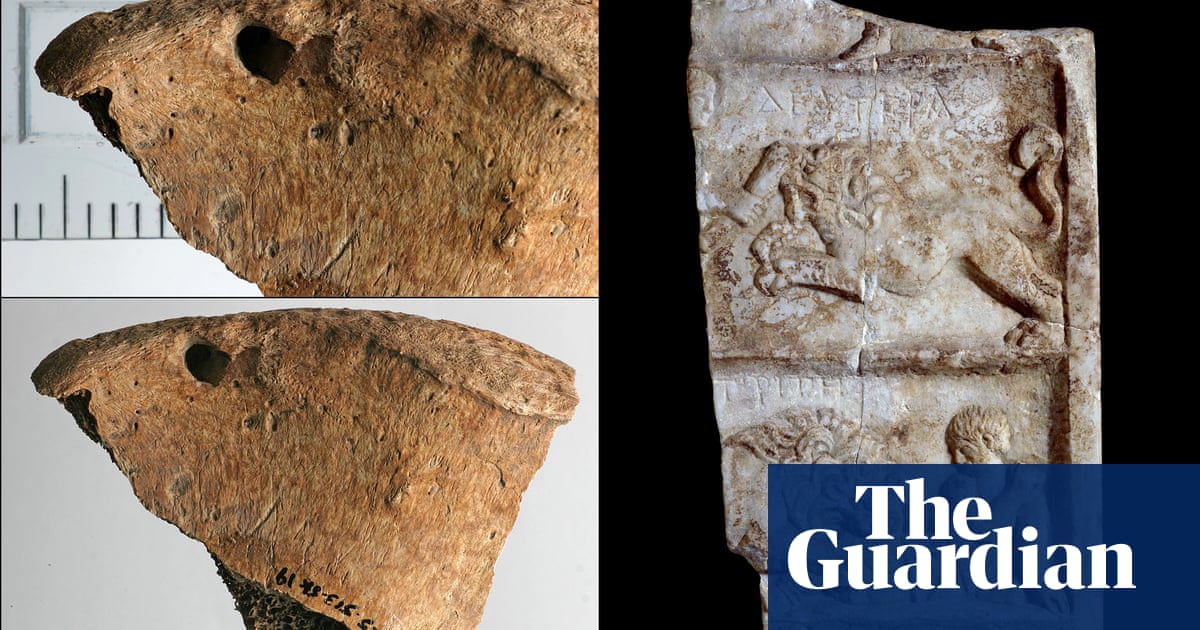Experts on youth culture should be used to prevent miscarriages of justice against young black men, lawyers have said, after a model student was wrongly convicted after being labelled a gang member.
Pressure on the criminal justice system to tackle racial bias is growing as the Crown Prosecution Service (CPS) rolls out an action plan to tackle “disproportionality”, after research it commissioned found people from minority ethnic backgrounds were “significantly more likely” to be charged for a comparable offence than white British people.
Ademola Adedeji, from Manchester, was convicted of conspiracy to commit GBH with intent in 2022. Police and prosecutors had claimed a teenager in a nine-second video in which drill music played was Adedeji, and that a blue bandana worn by the person indicated membership of a group they linked to a revenge plot.
But in January, after more than three years of being locked up, the court of appeal quashed Adedeji’s conviction because the 21-year-old had been wrongly identified.
Keir Monteith KC, who represented Adedeji at appeal, told the Guardian routine use of independent expert witnesses like academics – more typically used for medical or technical matters – could prevent “racial stereotypes” around clothing, music and memes being used to shore up prosecutions in which large groups of black defendants are disproportionately held “collectively responsible” for the actions of “one or two” offenders.
“In (Adedeji’s) case we were able to demonstrate assumptions about the video were completely wrong – one, it isn’t him, and two, the person who it was is of good character, with no gang connections.
“You can’t just have barristers or a copper saying ‘he’s got a blue bandana on, there’s drill, he’s in a gang’ – you need proper safeguards,” Monteith said.
“If an expert looked at it, they would be able to say all these things that are factually wrong, these assertions don’t fit with the life of this young man.”
The law reform charity Justice, intervening in Adedeji’s case, has called for new guidelines on the use of evidence, such as drill music, as well as independent expert witnesses.
Adedeji was one of 10 young black men convicted at the same time and two co-defendants have had “excessive” sentences reduced.
At trial, jurors were told “an interest in drill” was a reason for involvement in “gang culture”. While the judge told jurors gang membership and drill did not equal guilt, experts say the system blurs the lines all too often.
“Cultural evidence”, also used in far-right and religious extremist cases, is believed to be important in proving affiliation and intent by prosecutors.
Patrick Williams, of Manchester Metropolitan University and a leading expert on racism in criminal justice, said that with symbols once associated with gangs – such as hand signs – becoming mainstream, presumption of innocence must be protected.
after newsletter promotion
“Being in a music video shouldn’t be indicative of guilt of a violent conspiracy,” he added. “We can’t just create a layer of experts who are going to argue for or against once the ‘gang’ narrative has already been set. There’s a reliance on scraping social media to maximise convictions – the threshold for evidence needs to be higher.”
California restricted rap lyrics in evidence in 2022. American record executive Keven Liles, the former Def Jam Recordings president, supported Adedeji’s appeal, saying the claim that an image of Adedeji holding cash to his ear indicated gang activity showed “breathtaking” ignorance of the “moneyphone” meme.
Despite finding Adedeji’s conviction unsafe, court of appeal judges said the trial judge was not wrong in law in allowing the video and photo in evidence, but said it was vital to avoid “unfair stereotyping”.
The case against Adedeji, who was freed after a campaign led by the Manchester anti-racism activist group Kids of Colour, rested largely on 11 messages he sent in a group chat aged 17. He has a place at University of Birmingham to study law, was school head boy, and had addressed parliament before he was wrongly convicted.
The CPS has said it will change prosecutors’ guidance to eliminate racial bias in decision-making, is reviewing how drill music is used, and “implementing a full national joint enterprise monitoring scheme”. It follows Stephen Parkinson, the director of public prosecutions, last year admitting “there have been racial disparities in our legal decision-making” and apologising.

.png) 2 months ago
55
2 months ago
55





